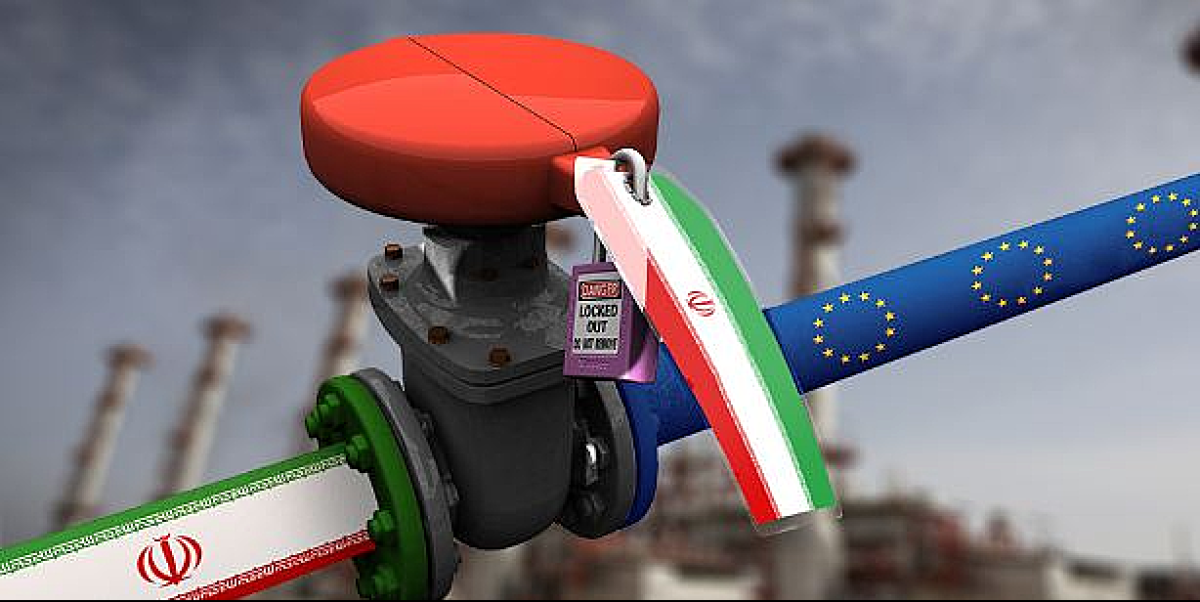 73
73
Europe and the United States are in a complex dilemma due to the reduction in oil supplies and the considerable rise in energy prices following the escalation of hostilities in Ukraine. Moscow has drastically cut its supplies as retaliation for America and Europe’s military assistance for Ukraine.
Following Russia’s use of energy supply as an efficient weapon, the prospect of rationing gas in Western Europe looms closer.
The decline in Russian gas exports to Europe has also heightened socioeconomic tensions, exerting intense pressure on the EU’s economy to the extent that it may shatter Western nations’ political and economic cohesion and unity.
In this challenging scenario where the Western bloc is in dire of energy supplies, it relentlessly explores the possibility of substituting Russian oil and gas.
However, it must be noted, however, that the amount of oil and gas provided by Russia is so enormous that it cannot be readily replaced, especially during the winter. Even Saudi Arabia, Kuwait, and the United Arab Emirates, who have historically kept energy costs from exceeding the financial capability of the West, have admitted that they cannot produce sufficient crude oil to substitute Russian energy supplies.
Amid this unprecedented predicament, the absence of alternatives to Russian oil and gas has forced Western nations to reach a rapprochement with Tehran and examine Iranian energy sources.
It is not hard to discern that the European nations are endeavouring hard to revive the 2015 Joint Comprehensive Plan of Action [JCPOA] talks in Vienna, aiming to procure Iranian oil and gas without facing US sanctions.
In this respect, the “Wall Street Journal” quoted Mr Enrique Mora, the European Union’s deputy secretary general for political affairs and the EU’s chief negotiator during the nuclear discussions with Iran, as stating that the final draft of the accord had been prepared.
The conundrum of the West’s energy shortage has become an utter nightmare for Western policymakers, rendering the use other energy sources, like Iranian oil, a top priority.
In other words, the European Union is hoping to use Iran’s massive energy industry to enable it overcome the soaring inflation rates that have been closely associated to Russia’s oil-related manoeuvres.
Therefore, the West considers reaching a fair nuclear deal with Iran to tap the Iranian resources of oil and to safeguard its energy security vis-à-vis Moscow.
Comment
Post a comment for this article